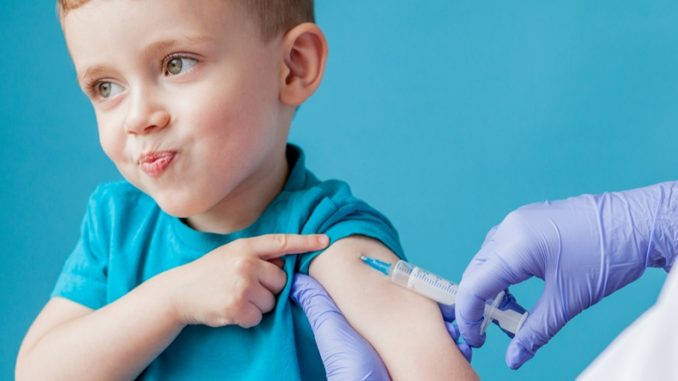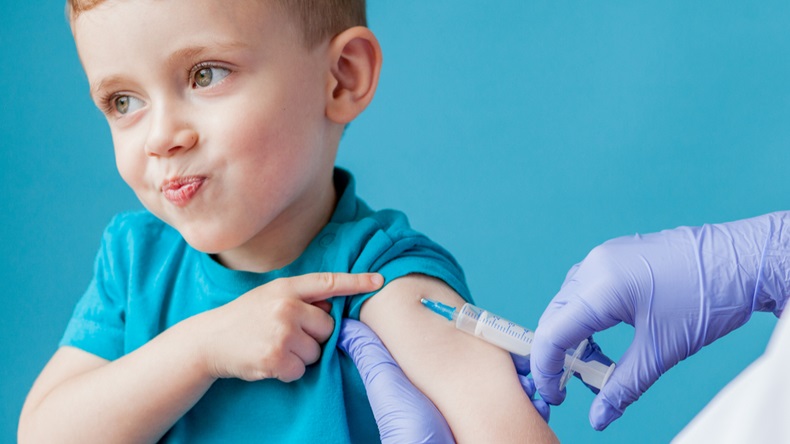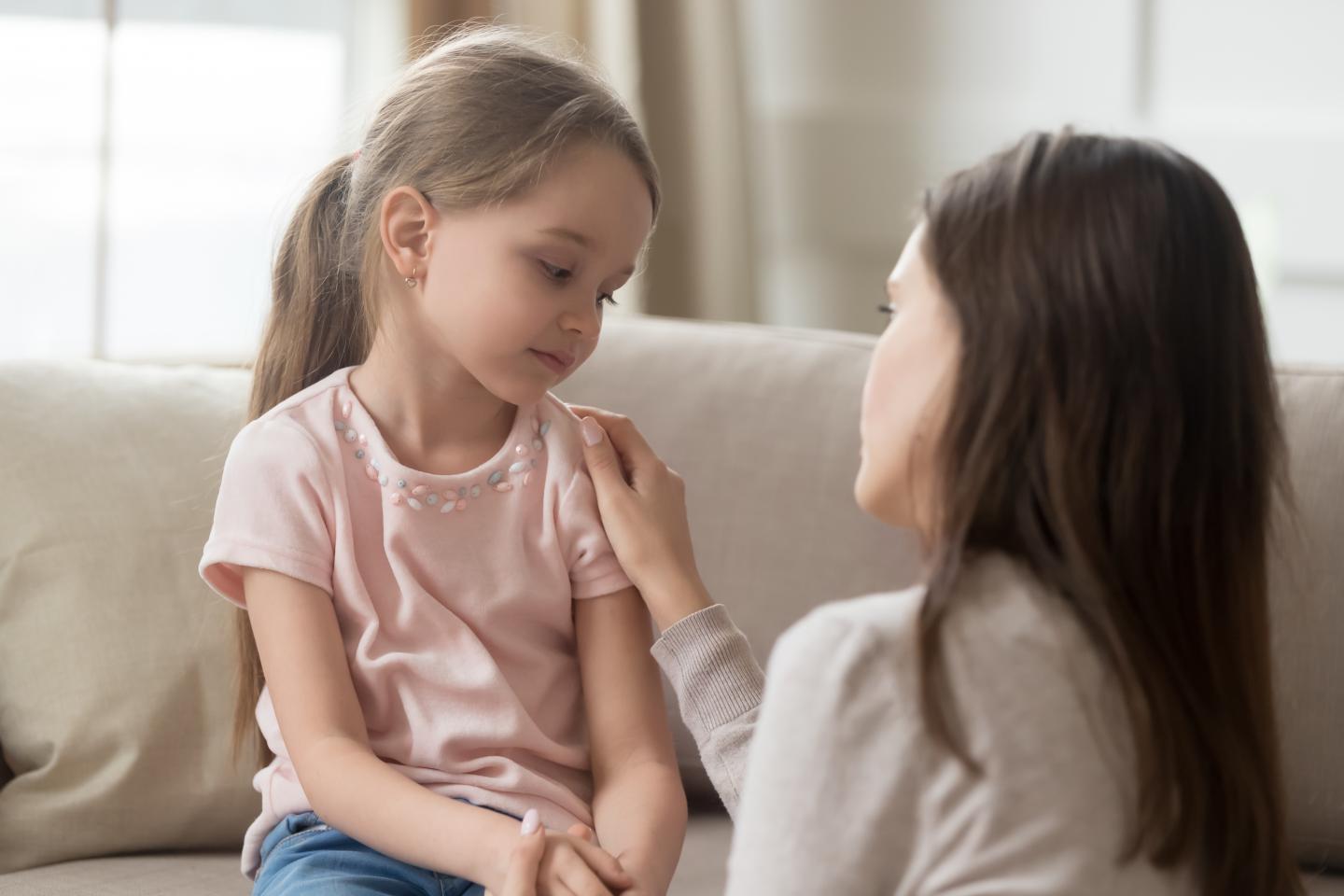
What You Should Know About the Covid Vaccine for Children
More children are becoming infected and succumbing to the sickness than ever before. The new pediatric vaccine is a safe and effective method of protecting your children. All of your questions are answered by our professionals.
Table of Contents
Children and the Covid-19 vaccination

The Pfizer Covid-19 vaccination for children aged 5 to 11 will be officially authorised by the FDA on October 29, 2021. That age group had their first vaccination in the United States within a week, including Maisy, 5, and Sam, 11, from Denver, Colorado.
Why do we need a Covid-19 vaccine for young children now?
Early in the pandemic, the virus appeared to be more hazardous for the elderly, and youngsters did not appear to have symptoms or severe problems from the virus at all. Experts now think that story is a sham, not true. Children are no longer considered a low-risk group for Covid-19. Despite our best efforts, the virus has resulted in over 8,000 hospitalizations of children aged 5 to 11 despite our adoption of measures such as masking, remote learning, and a reduction in extracurricular activities.
As many as 1.9 million instances of Covid-19 in children ages 5 to 11 have been recorded by the US Centers for Disease Control and Prevention (CDC), and the true number is likely much higher because many cases of Covid-19 in children are not reported. The “delta variant,” a mutation of the original SARS-CoV-2 virus that makes it more transmissible and more prone to cause disease in youngsters, is thought to be the reason for this spike in numbers.
On how young children under the age of twelve are affected by Covid-19
Researchers and clinicians are still trying to figure out all the ways Covid-19 impacts patients, both during the acute phase of the sickness as well as in the long-term effects.
Even if Covid-19 has been linked to a number of deaths in children under the age of 18, one thing is clear: Covid-19 may and does cause illness in young children. This age group’s sixth highest cause of mortality in recent months was Covid-19.
Symptoms of an infection in children are similar to those in adults, including fever, chills, cough, difficulty breathing, runny nose, sore throat, lethargy, and muscle aches. Children, on the other hand, are significantly more likely to develop a potentially deadly complication known as MIS-C, a multisystem inflammatory disorder. Myocarditis, the illness’s heart consequence, is more common in children and teenagers than in adults.
Finally, the question of what comes next arises. ‘Long-haulers’ syndrome’ is also a severe worry for children of this age range because we do not know the long-term effects of Covid-19. However, even in the absence of any physical symptoms, children may still be affected emotionally or psychologically. School closings, disturbance of regular life, seeing the illness or death of close ones, and the media are causing despair and anxiety in young children at levels never before observed in this age group to reach unprecedented heights.
I’d like to know more about the Covid vaccine for kids
The only vaccination approved by the FDA for children ages 5 to 11 currently is the Pfizer vaccine. There are two doses of an mRNA vaccine, given 21 days apart, in a series of two injections. Each dose is 10 micrograms in strength. Booster shots for children have not yet been approved.
The mRNA technology is a popular fallacy that clinicians hear from worried parents concerning vaccines, among many others that can be found online.
These vaccinations function by instructing the immune system to recognise spike proteins found on Covid-19 so that the body can quickly combat it. The mRNA is broken down and expelled from the body once the immune cells have used the instructions.
What are the main differences between the adult and pediatric versions of the Covid-19 vaccine?
- Dose. Compared to adults, the dosage for children is one-third the amount.
- Stability on a shelf. The original Pfizer vaccine was difficult to store and deliver because it required freezing temperatures. Changes have been made to the child’s vaccine so that it can withstand a wider range of temperatures.
- Because of the colour of the label, children’s immunizations have a distinct look.
- In adults, the shot is administered in the upper arm, whereas in children, it is administered in the upper thigh.
What is the vaccine’s effectiveness in children?
It’s to say the least: very. The covid vaccine for children between the ages of 5 and 11 was tested extensively and shown to be 90.7 percent effective in preventing Covid-19.
What are the negative effects of taking this medication?
Pain at the injection site, as well as redness and swelling, were the most common side effects. Muscle aches, fever, and exhaustion were reported by a tiny number of children. Adults were more likely to report adverse effects than youngsters.
What should you do if your children are concerned?

It’s possible that even young children have heard some frightening things about vaccinations because the topic has become so heavily politicised. This age group is also likely to be extremely apprehensive about receiving any kind of vaccination. The most important thing is to discuss the vaccine with your children, to listen to their concerns, and to answer all of their questions.
Get your younger children vaccinated as soon as possible in order to protect them, your family, and bring this pandemic to a stop.
